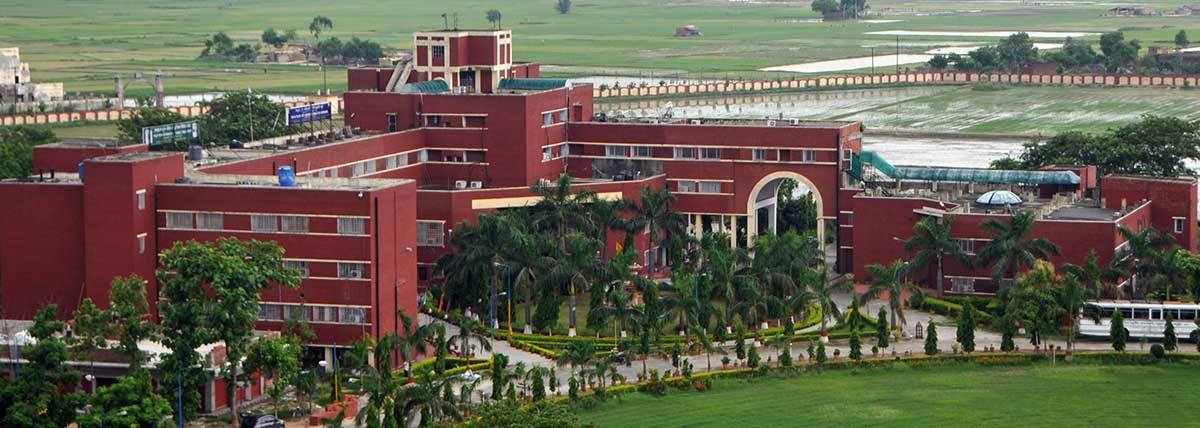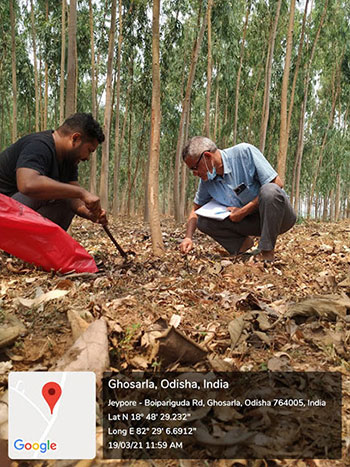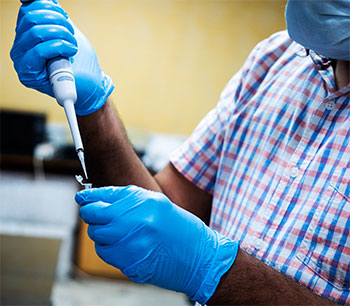 INDIAN SOIL MICROBIOME PROJECT
INDIAN SOIL MICROBIOME PROJECT

About Project
India is one of the 12 mega biodiversity countries in the world. The diversity of microorganisms in India includes about 850 species of bacteria, 1453 species of cyanobacteria, 14500 species of fungi in addition to 2223 lichens species (BSI 2009). In the recent past, the interest in the exploration of microbial diversity has been accelerated as microbial diversity influences multiple ecosystem processes contributing to the sustainability of life on the earth. While the threat to biodiversity is being documented with the changes in climate and other anthropological activities. Prediction of the loss of microbial diversity is much more difficult as compared to plants and animals due to scanty information and anecdotal evidence for loss. No concerted effort had been made in India to unlock the diversity of soil microorganisms of the country using a unified methodology both for sampling and harnessing the diversity employing a set of defined media. Cataloguing and preservation of identified microbial flora from different agroecoregions of India will be a treasure for posterity. The microbiomes in the soil, rhizosphere and phyllosphere need to be deciphered so as to enhance food production by manipulating the microbiome. These goals could be achieved by integrating beneficial effects of microbiome in respect to the plants, especially in nutrient fortification, growth promotion, alleviation of biotic and abiotic stresses, nutrient use efficiency, conversion of biomass, etc. This integration would require a large scale study to explore and characterize plant-soil microbiome in context to Indian agriculture. Metagenomics and meta-transcriptomics studies provide information on the vast majority of microbes besides the one which can be cultured. However, we know little regarding the supporting roles of the soil microbiomes in ecosystem functions.
Indian Soil Microbiome project (ISMP) is an initiative of ICAR- National Bureau of Agriculturally Important Microorganisms (NBAIM) and wholly supported by Indian Council of Agricultural Research. It was initiated to decipher the culture dependent as well as culture-independent diversity of microflora of different agro ecological regions of the country. The entire land area of the Indian sub-continent has been divided to grids of 32 x 32 km2 and gradient sampling approach is followed. GPS based tagging is used for georeferencing. The microbial diversity is being deciphered by culture dependent as well as culture-independent approaches. Accordingly the surveys are taken up in phased manner, soil samples collected systematically and processed further for microbiome analysis. The project is continuously adding to the list of culturable microorganisms that are conserved in NAIMCC. The information generated from Indian Soil Microbiome project will help to develop the microbial map of the country. It will further help to understand the taxonomic diversity and develop microbial inoculants for specific regions of the country. The novel species identified if any will add to the new taxa.
Objectives
To decipher both culture dependent and independent microbial diversity of different agro-ecosystems of the countryTo develop a geo-referenced microbial map of the country for various applications
Expected outcomes
• A baseline information on the microbiome of different agroecological zones to adjudge changes in soil microflora in the event of any calamity like flood, earthquake, tsunami etc.• First ever microbial atlas of Indian soils of different agro-ecological regions
• Understanding the ecosystem services rendered by microbial resources
• Novel microbial species add to the list of new taxa
• Identification of region specific microbial inoculants to enhance production and productivity of the crops
• Catalogued microbial resources for its use in agriculture and environment.

